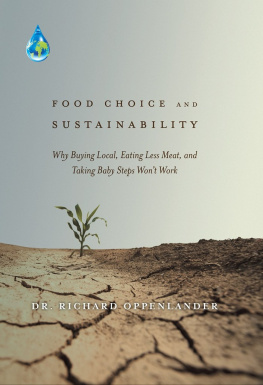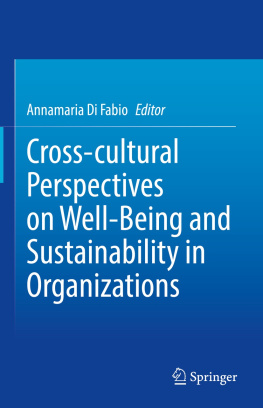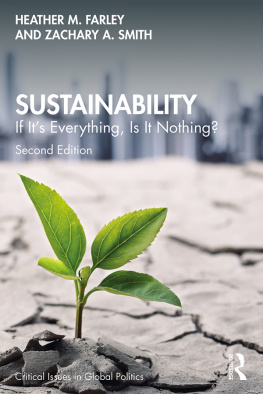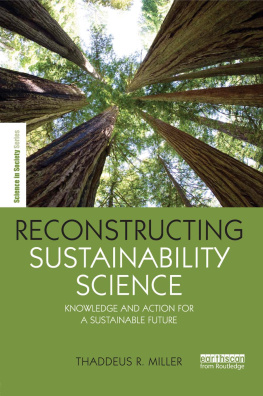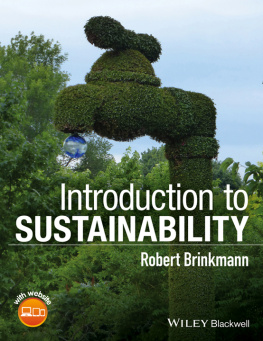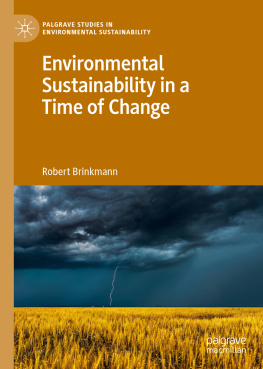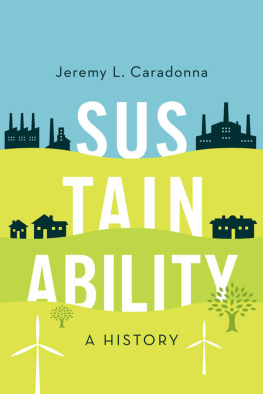A number of statistics used throughout this book will undoubtedly change, in one direction or the other, by the timeand afterthis book is published. Facts and figures related to this important topic will be continually updated on my various websites, www.ComfortablyUnaware.com, www. InspireAwarenessNow.org, and through my blogs, Comfortably Unaware Facebook and Twitter presence, lectures, and any other communication medium that makes its way into mainstream general public use.
ACKNOWLEDGMENTS
Many times in life there needs to be a final piece to complete the puzzlea single connection, nucleus, component, or concept to complete the whole. With my research, understanding, and conveying reality-driven perspectives about food choices, that puzzle piece was given to me by my devoted wife, Jill. Without her bringing such an enormous intuition and love of other living beings into my lifeparticularly with her care of and for animals and subsequent rigid support of my work, the complete story could never be told. I dont know if it is possible to relate an accurate view of the health of our planet without looking very closely at the other living entities with which we share our earth and how we treat them.
Our decision to raise and eat animals creates a triad of negative impactsto our planet and other living things, to our own human health, and to the animals that we raise and slaughter to eat. Two of these three categories are covered so aptly by various educators that it has allowed me to research, write, and lecture about the area with the least amount of proper attentionour planets resources.
Although the topic of what we eat is typically absent from discussions about sustainability, the negative impact of certain foods on human health is becoming common knowledge. Many researchers, authors, and educators have blazed the trail of truth regarding the human health benefits of eating a purely plant-based diet. For them and their tireless work, I am humbly grateful. Although there are many, I would like to particularly thank Drs. John McDougall, Neal Barnard, Dean Ornish, and Caldwell Esselstyn, and encourage everyone to become familiar with the work of these pioneering practitioners and their programs. I want to thank Drs. T. Colin Campbell and Michael Greger for their research and then relentless dissemination of the truth about our food choices. Special recognition must be made to Brian Wendel, creator and executive producer of the documentary Forks Over Knives, and all those associated with the production and distribution of this extraordinary film.
I suppose the single disconnect that may define our civilization more than any other is how we treat the animals around us. This aspect is addressed so very well by a number of compassionate animal rights/welfare leaders and advocates that I will provide only new or understated insights and perspectives regarding the animals we slaughter or biodiversity loss. Particular thanks for their continued efforts in this regard go to Dr. Jane Goodall, Dr. Melanie Joy, Dr. Karen Davis, Colleen Patrick-Goodreau, Dr. Will Tuttle, and Dr. James McWilliams.
Consumers now can find an array of wonderful cookbooks with incredible, easy-to-prepare vegan recipes. Authors such as Lindsay Nixon, Chloe Coscarelli, and Julieanna Hever present to us remarkably delicious purely plant-based meals. They open the door to the world of truly healthy, compassionate, great-tasting food. There are, of course, so many others, all doing their part to further the important message and encouraging change.
PREFACE
Food Choice and Sustainability is not a typical nonfiction book, and its not about what to eat. It is about accurately defining sustainability as it relates to food choices and making a fundamental change in our lives to better achieve it. It provides both hard facts and unique insights as to why this change is necessary and then sets forth a clear path to follow. Food Choice and Sustainability builds on my first book, Comfortably Unaware filling in blanks, connecting dots, and most important, providing a prescription of food choice sustainability for individuals, academic institutions, NGOs, and other organizations, business leaders, communities, developing nations, all other countries, and policymakers. It may appear that this book was written for two distinctly different audiences: those wanting to become more aware and those who want to effect positive change who may need more detailed information and scripting on how to do so. It was, indeed, written for both.
Food Choice and Sustainability is a book about sustainability of our planet, our resources, and ourselves. For most people, the word sustainable means lasting a while or enduring and unfortunately its usually customized or molded to fit a momentary need or wantall fairly subjective. For me, sustainability must account for the realities of time, space, relativity, and optimization. The concept of being sustainable must project beyond self to include society and future societies, human and non-human lifeboth domesticated and wild life. The thought of achieving sustainability must extend through many layerseconomic, social, ethicalnot just ecologicaland ultimately be carried by our choice of foods.
While Food Choice and Sustainability is indeed a book about sustainability, at the same time, it is a book about food choice and responsibility, which are intertwined inextricably with the concept of achieving sustainability.
Global depletion is a term I have used over the years to describe the loss of our primary resources on earth, as well as the loss of our own health due to our choice of a certain type of food. Therefore, global depletion essentially is about sustainability, but we need to hear it from a different direction and with a more accurate view, through an unfiltered lens. Most of us have heard about the atrocities of factory farms, the issues with high-fructose corn syrup, and the industrialization or processing of foods and their contribution to obesityall important topics. But these simply are small fragments of the picture.
The largest contributing factor to all areas of global depletion is the raising and eating of more than 70 billion animals each year and the extracting of 12 trillion fish from our oceans annually. Its simply not sustainable whether factory farms are in the equation or not. Because the word sustainable is often misused, I advocate the term relative or optimal sustainability.
Even as we deplete our natural resources, we add 230,000 new human mouths to feed each day. Its predicted that in just eighteen years, there will be a 40 percent global water shortage (over 1 billion people already are without adequate drinking water; 2 billion are without running water for cleaning and hygiene). Nearly 1 billion people are affected by hunger; 6 million children will starve to death in 2013.

